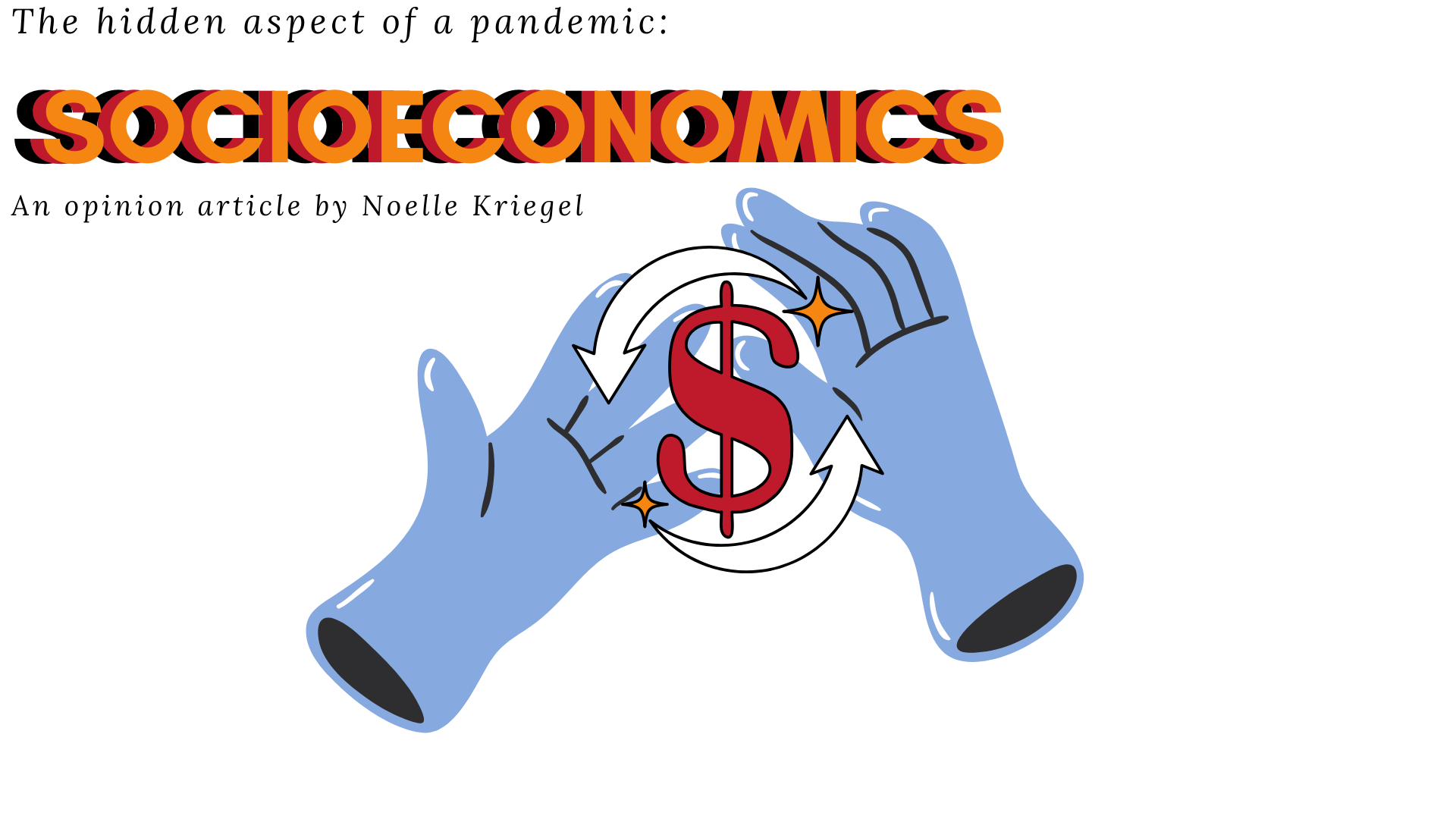Column: "Excused" and "unexcused" absences reinforce ableist academic policies
While permanently doing away with “excused” versus “unexcused” absences may not be a luxury students can presently expect, a compromise universities could make may be allowing more unexcused absences, or doing away with requiring excuses.
The policies supporting in-person learning are well-intending, certainly emphasizing the value of interpersonal communication skills, as well as hosting an environment where academic discussions between students is the model for all learning endeavors.
Like most institutional flaws, the well-intending perspective is a limited scope, one that historically places most students at a disadvantage — I am not hyperbolizing when I say “most,” because according to a 2022 health survey, three out of four undergraduate students experience a mental health crisis.
Syllabi lay out the institutional guidelines for absences as well as individual instructor expectations, some suggesting dropping a letter grade or lowering participation averages once the limit for excused absences has been passed. Students without the financial means to acquire a professional diagnoses or an accommodation plan are faced with a personal struggle: do I accept a lower grade (potentially limiting financial aid, lowering GPA and graduate opportunities and more) to preserve my health, or do I sacrifice my health to maintain good academic standing?
Even without documented illnesses, there are a plethora of reasons to miss classes that should not be followed with guilt. A prime example would be missing due to symptoms from menstruation, which include heightened fatigue, mood swings, gastrointestinal issues and other less than pleasurable side effects.
Anything that may hinder the ability to perform to one's best ability should be met with empathy. I should not feel guilty drafting an email to professors that inevitably leads to sharing my personal struggles to justify my absence. Treating absences as a direct result of conditions out of ones control instead of a moral failing and automatic assumption of guilt upon a struggling demographic should be the norm. Effort does not equate to presence; all methods of learning are valid.
A policy a professor of mine adopted last semester that significantly reduced stress regarding late work or absences was called a “delay,” where at any point during the semester we were allowed submit an assignment late, no questions asked, as long as an email sent prior to the due date with the assignment and the word “delay” was confirmed in the body. Even without mental health challenges, accidents happen. Having the option of more time allowed for simple errors to occur in a space that wasn’t judgmental and recognized the variability of the student experience, one that accepted the fact that accidents are a part of life.
Within the undergraduate demographic, the maturation of the brain among traditionally attending students (ages 18-21) is not fully completed. “The neurological pathways between the ‘lower’ emotional, pleasure-seeking and impulsive centers and the ‘higher’ cortical regions that consider alternative solutions, consequences of actions, and utilize logic and reasoning to offset emotional pressures are still in process of formation,” wrote Gene Beresin, Executive Director, Eliza Abdu-Glass, Research Assistant and Steven Schlozman, MD of the Clay Center for for Young Healthy Minds. The unfinished development of the brain in these students should be considered when adopting and enforcing policies that complicate the already difficult and emotionally-charged college experience.
A lot of us are not adults yet. We are still young, we are still growing — and growth takes energy; it cannot thrive with chronic fatigue.
I am not one to bend to compromise, but I am also realistic. I do not expect the American education system, especially higher education, to appropriately or meaningfully address the student mental health crisis in a way that prioritizes students over profit or esteem.
However, there are ways instructors can alleviate suffocating policies that worsen mental and physical health crises: reject the narrow scope of functionality in academia, and recognize that students are unique and still maturing young adults. Some of us are sick, some of us are injured, or are parents, living alone, sole providers of finances, grieving, growing — and all of us are tired.






